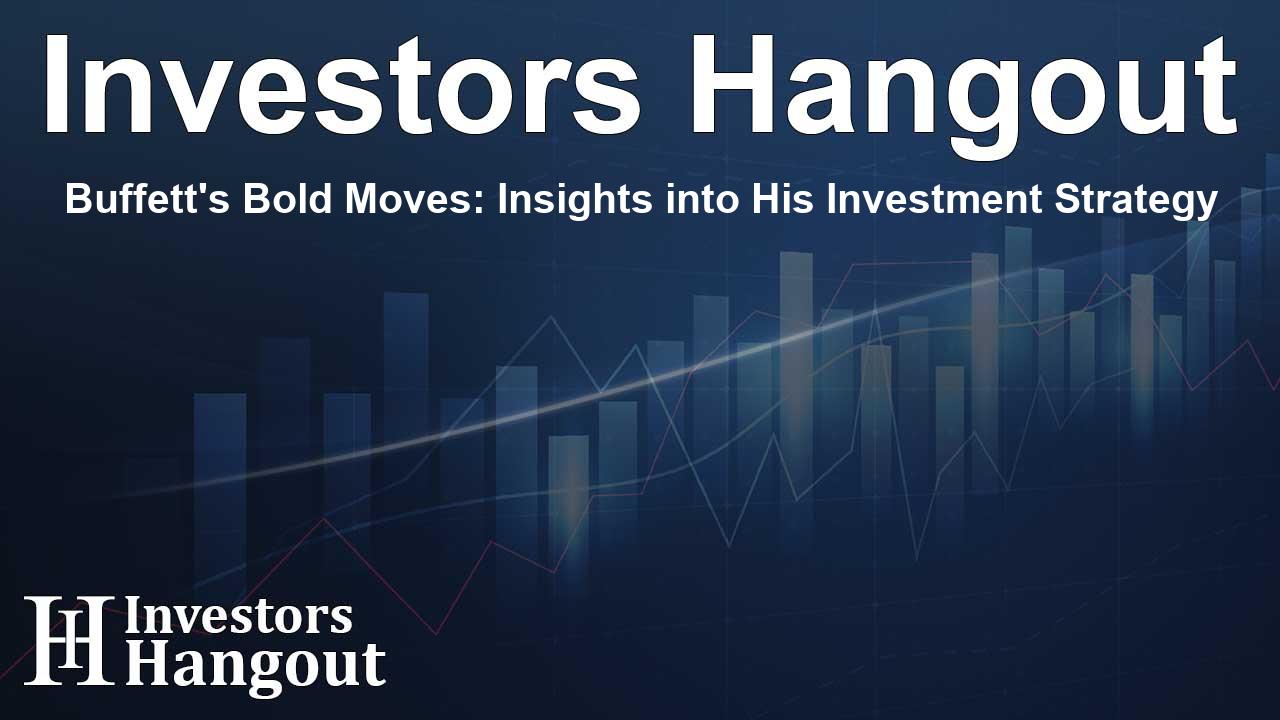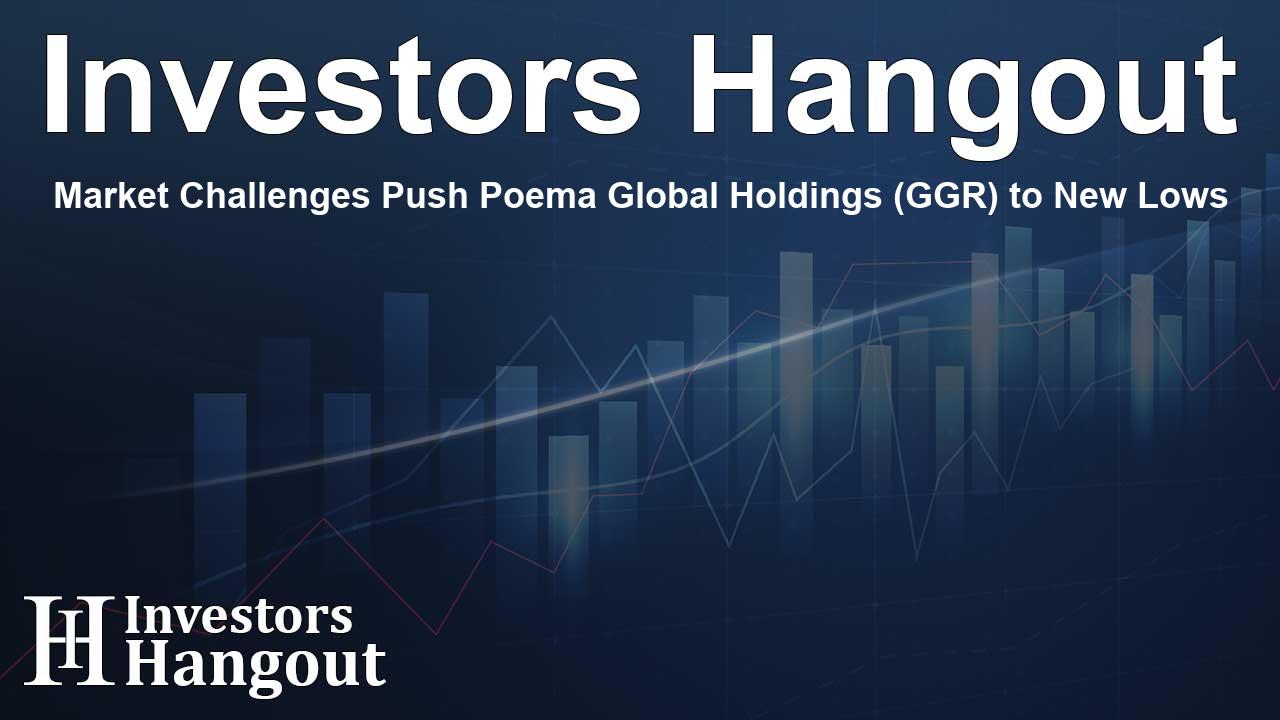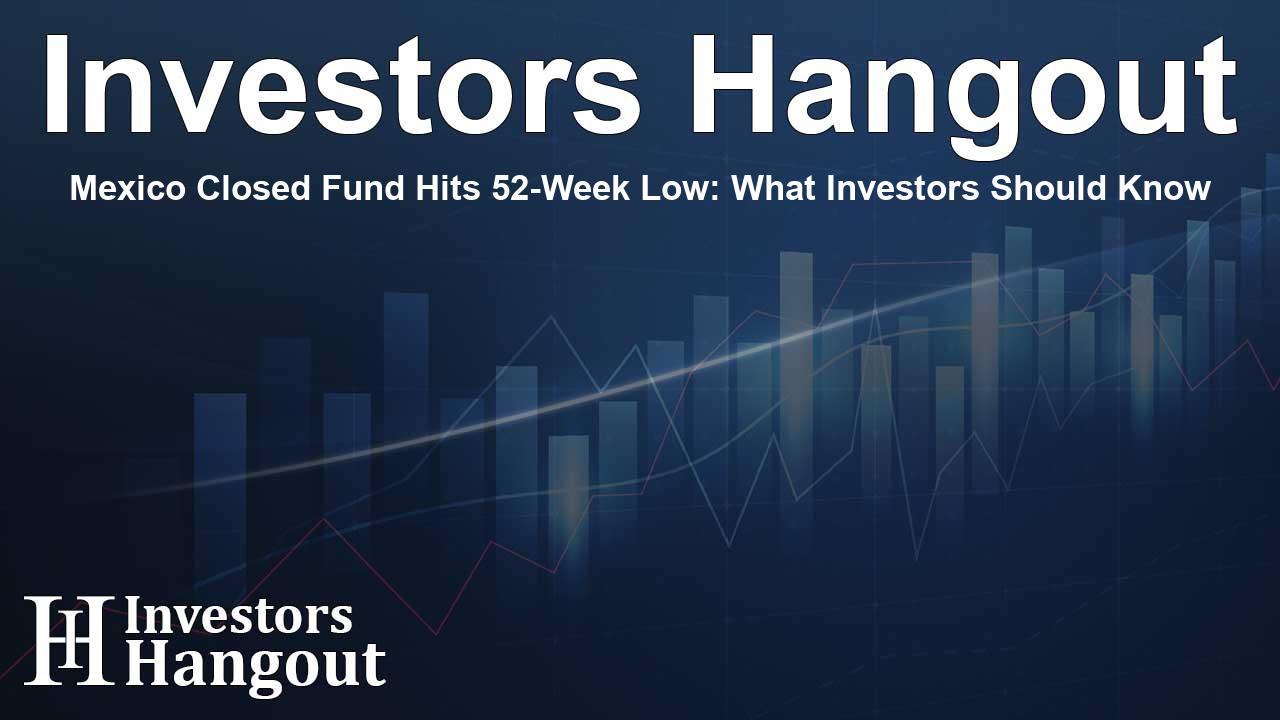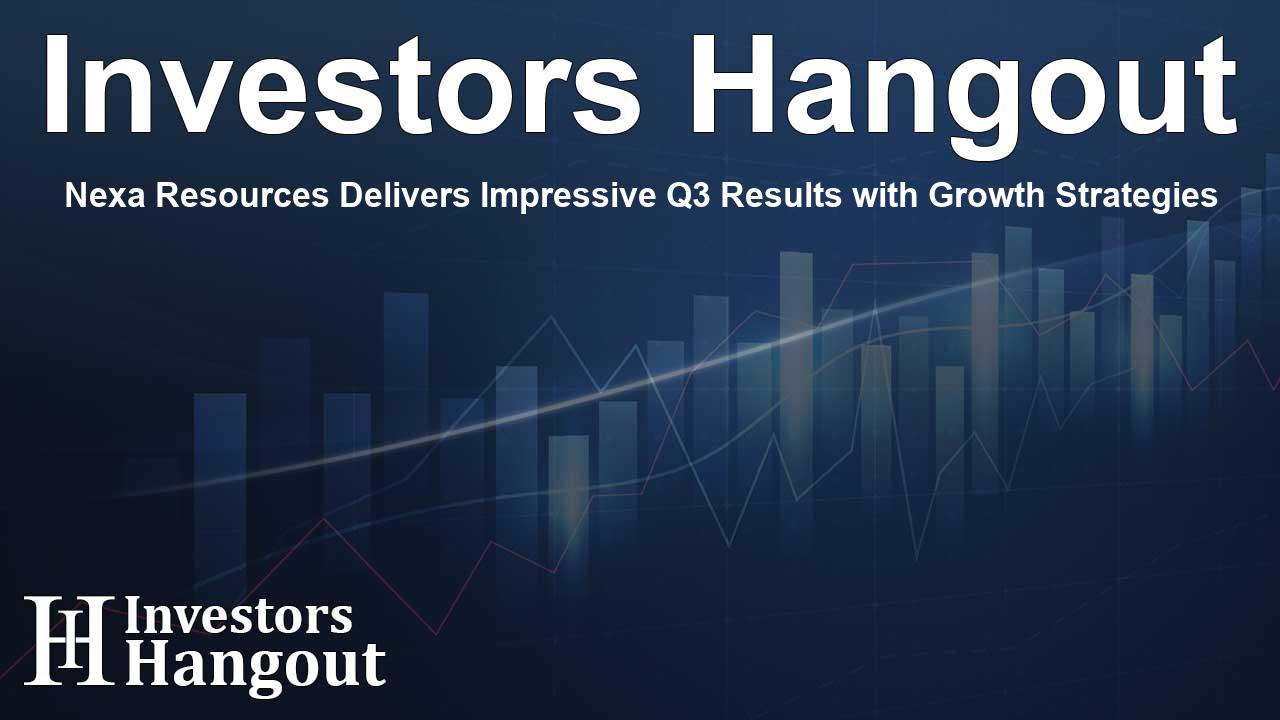Buffett's Bold Moves: Insights into His Investment Strategy

Investment Trends of Warren Buffett
Warren Buffett is a renowned investor whose track record spans across 70 years. His investment decisions are closely monitored by the market, as his insights often carry significant weight. Recently, his actions have produced a mix of caution and foresight, indicating a landscape filled with strategic considerations for investors.
A Shift in Momentum
Buffett's Berkshire Hathaway has sold more stocks than it has bought for seven consecutive quarters, including a notable pullback on holdings in major firms like Apple and Bank of America. This trend showcases his strategy amid economic uncertainty and high market valuations. In recent times, he trimmed nearly half of his stake in Apple, marking the most substantial stock sale in Berkshire's history, totaling about $73 billion.
Observing Market Values
Buffett's approach indicates a belief that various stocks are trading at or above their intrinsic value, which affects his purchase decisions. Instead of investing heavily, he seems to be waiting patiently for the right opportunities. This has raised questions among investors regarding the overall health of the investment landscape.
The Cash Pile Growth
As of recent reports, Buffett’s cash and Treasury bill position has approached a staggering $300 billion. His primary focus on accumulating cash assets suggests a cautious outlook, possibly influenced by anticipated tax rate hikes or an unfavorable market environment.
Rethinking Investments
This significant cash accumulation reflects a strategic choice, favoring liquidity over exposure to market volatility. For many, this might hint at a broader sentiment where even prominent investors like Buffett regard current valuations as excessive.
Buffett's Engagement with Stocks
Buffett is known for his preference for purchasing Berkshire Hathaway shares; however, share repurchases have notably slowed, with only $345 million spent last quarter. This decrease signifies his reluctance to invest in shares at high valuations, reinforcing the sentiment of caution.
Ongoing Strategy with Occidental
Another notable aspect is Buffett's stake in Occidental Petroleum. Despite being a long-term investor since acquiring substantial preferred shares in 2019, he has not made recent transactions as oil prices fluctuated and the stock price dipped.
Implications for Individual Investors
Buffett's cautious investment strategy prompts broader questions about market conditions for average investors. Most individuals may find value in exploring smaller-cap stocks that could offer stronger returns compared to the stagnant performance of the large-cap stocks favored by funds like Berkshire Hathaway.
Values in Smaller Market Opportunities
The investment terrain appears vast for individual investors, who could leverage emerging opportunities in smaller stocks while keeping an eye on potential interest rate cuts that enhance their profitability. Thus, even amidst Buffett's warnings, there are still possibilities for smart investments in the current market.
Should You Mimic Buffett?
Before replicating Buffett's investment strategies, it's crucial to remember that managing a $600 billion portfolio is distinctly different from individual investing. As such wealth limits efficiency in terms of adapting swiftly to market changes. Thus, while Buffett may be retreating, it does not preclude others from finding valuable investments.
Understanding the Bigger Picture
Investors should reflect on Buffett's investment signals to assess their own strategies. The message is clear—individual investors might have more freedom to explore diverse avenues for investment, even as Buffett chooses to consolidate cash. The current market presents a mixture of challenges and opportunities worth exploring.
Frequently Asked Questions
What is Warren Buffett's recent investment strategy?
Warren Buffett has shifted towards selling more stocks than he buys while accumulating cash reserves, signaling caution in the current market climate.
How much cash does Buffett currently hold?
As of recent reports, Buffett's cash and Treasury bill position is nearing $300 billion, highlighting a preference for liquidity over market exposure.
What stocks has Buffett sold recently?
Buffett has significantly reduced his holdings in major companies such as Apple and Bank of America, prioritizing cash preservation instead.
What should individual investors consider?
Individual investors should explore smaller-cap stocks that may offer better opportunities, especially since Buffett's current strategy may not suit all investors.
What does Buffett's strategy mean for the stock market?
Buffett's approach reflects a cautious outlook, suggesting that current market valuations may not present ideal investment conditions, influencing wider market sentiment.
About Investors Hangout
Investors Hangout is a leading online stock forum for financial discussion and learning, offering a wide range of free tools and resources. It draws in traders of all levels, who exchange market knowledge, investigate trading tactics, and keep an eye on industry developments in real time. Featuring financial articles, stock message boards, quotes, charts, company profiles, and live news updates. Through cooperative learning and a wealth of informational resources, it helps users from novices creating their first portfolios to experts honing their techniques. Join Investors Hangout today: https://investorshangout.com/
Disclaimer: The content of this article is solely for general informational purposes only; it does not represent legal, financial, or investment advice. Investors Hangout does not offer financial advice; the author is not a licensed financial advisor. Consult a qualified advisor before making any financial or investment decisions based on this article. The author's interpretation of publicly available data shapes the opinions presented here; as a result, they should not be taken as advice to purchase, sell, or hold any securities mentioned or any other investments. The author does not guarantee the accuracy, completeness, or timeliness of any material, providing it "as is." Information and market conditions may change; past performance is not indicative of future outcomes. If any of the material offered here is inaccurate, please contact us for corrections.









